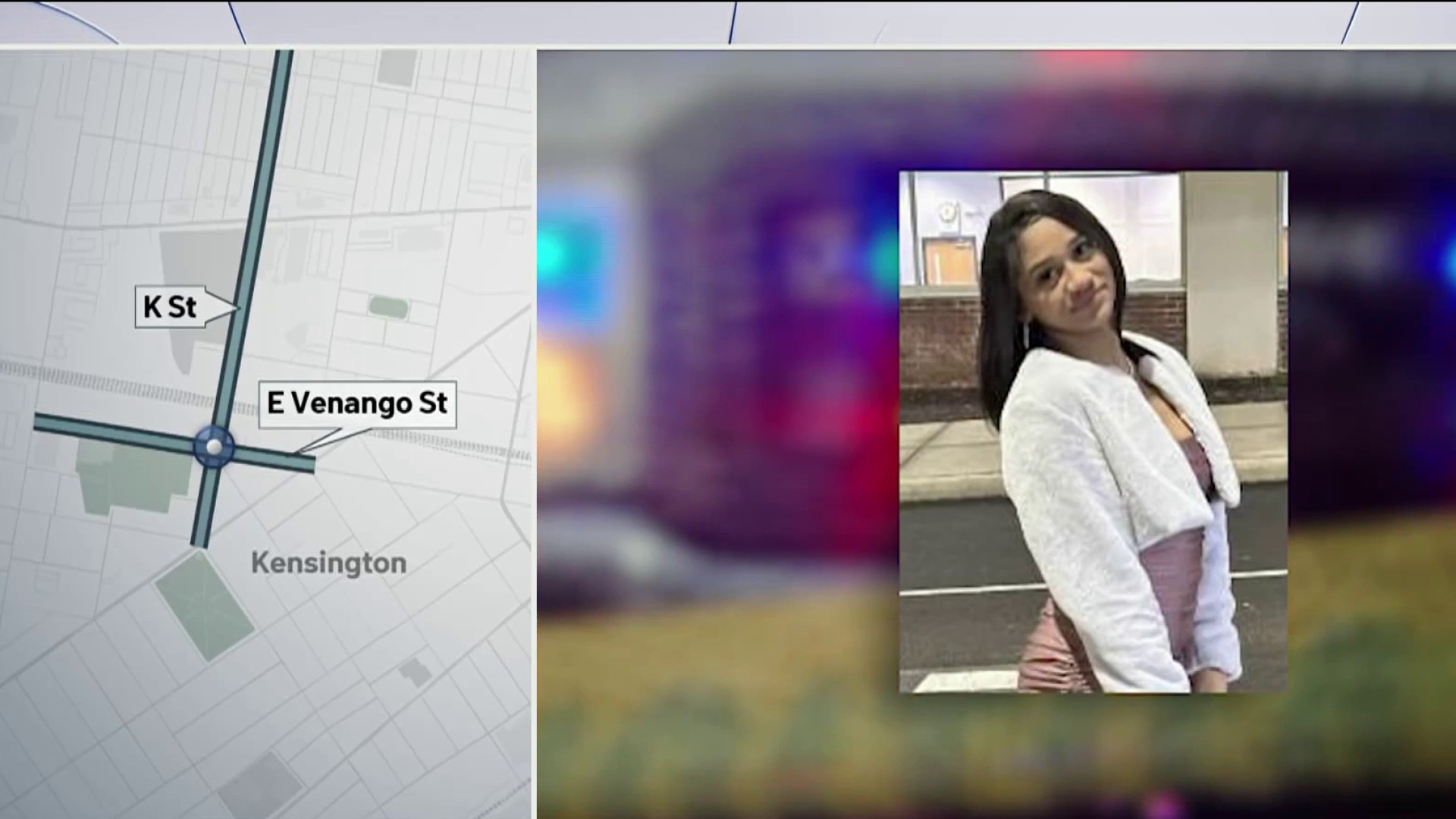Philadelphia residents Christos and Markela Sourovelis were shocked when federal agents came knocking on their Somerton door four years ago. They were even more shocked when local officials threatened to seize their home after their son was arrested for selling $40 worth of drugs to a police officer.
But thanks to a settlement announced Tuesday afternoon by lawyers from the Institute for Justice, Philadelphians are no longer in danger of losing their homes unless they are charged and convicted of a crime.
After a four-year legal battle, the City of Philadelphia has agreed to overhaul its civil forfeiture laws limiting what law enforcement officers can seize and what proceeds from the confiscated property can fund.
The settlement would end the practice of using the proceeds to pay for prosecutor salaries and also create a $3 million fund to reimburse plaintiffs for seized property.
Mayor Jim Kenney said the agreement, announced Tuesday by Northern Virginia-based Institute for Justice, expands on the city's decision in 2017 to
"sever the link between civil forfeiture and the city budget."
"This is a good resolution because it reforms a system that, left unchecked, can prey upon the most vulnerable," Kenney said. "This settlement makes Philadelphia a more just city."
The agreement is part of a proposed settlement for a federal class action lawsuit filed in 2014 claiming that the city's civil forfeiture laws violated the due process of those whose property was confiscated.
Local
Breaking news and the stories that matter to your neighborhood.
NBC10 first met Christos and Markela Sourovelis in 2014 when they nearly lost their home because of their son's mistake. The couple was sitting in their Northeast Philadelphia house when federal officials came pounding on the front door. At the time, Christos Sourovelis had no idea his son had a drug problem and was wanted by the police.
But because his adult son lived at home, officials seized the property as part of their ongoing investigation.
"It was clear they were going for the houses," Christos Sourovelis said of law enforcement officials. "You sell the house, you make $300,000 and you move on to the next one."
Sourovelis became entangled in what lawyers said was the largest civil forfeiture program in the country. From 2002 to 2014, Philadelphia seized more than 1,200 homes, more than 3,500 cars plus and more than $50 million in cash, according to Institute for Justice senior attorney Darpana Sheth.
Before this lawsuit, law enforcement officials were entitled to any seized property they suspected was linked to a crime. This could be done before the property owner was charged or convicted of a crime. In the case of the Sourovelis family, the parents were never accused of selling drugs and their son was released after one day in jail. Still, the family underwent grueling legal proceedings in Philadelphia City Hall's now infamous courtroom 478, which has since closed.
There, dozens of people would shuffle in and out on a daily basis, many without lawyers or legal representation of any kind. Prosecutors would give these residents forms to fill out and frequently recommended not fighting against forfeiture, Sheth said.
"Without having to prove a crime, all those standards and protections that apply in criminal proceedings do not apply in civil forfeiture," Sheth said. "The presumption of innocence is turned completely upside down."
Inside courtroom 478, families cried and signed their homes away, Christos Sourovelis said. The same would have happened to him until he met Sheth and joined a class action lawsuit. Eventually, the Sourovelis family regained ownership of their home and their son went to rehab.
Now, the city has agreed to place limits on what can be seized and why. Simple drug possession no longer suffices under the new agreements, for example, and judges or trial commissioners will oversee forfeiture proceedings instead of prosecutors. The settlement also requires the district attorney's office to prove that a property owner knew their home was being used for illegal activity.
"I didn't even know civil forfeiture existed before all this," Markela Sourovelis said. "I'm glad it's over and I'm glad we won, but hopefully people now will believe in their own rights and fight for things that belong to them."



